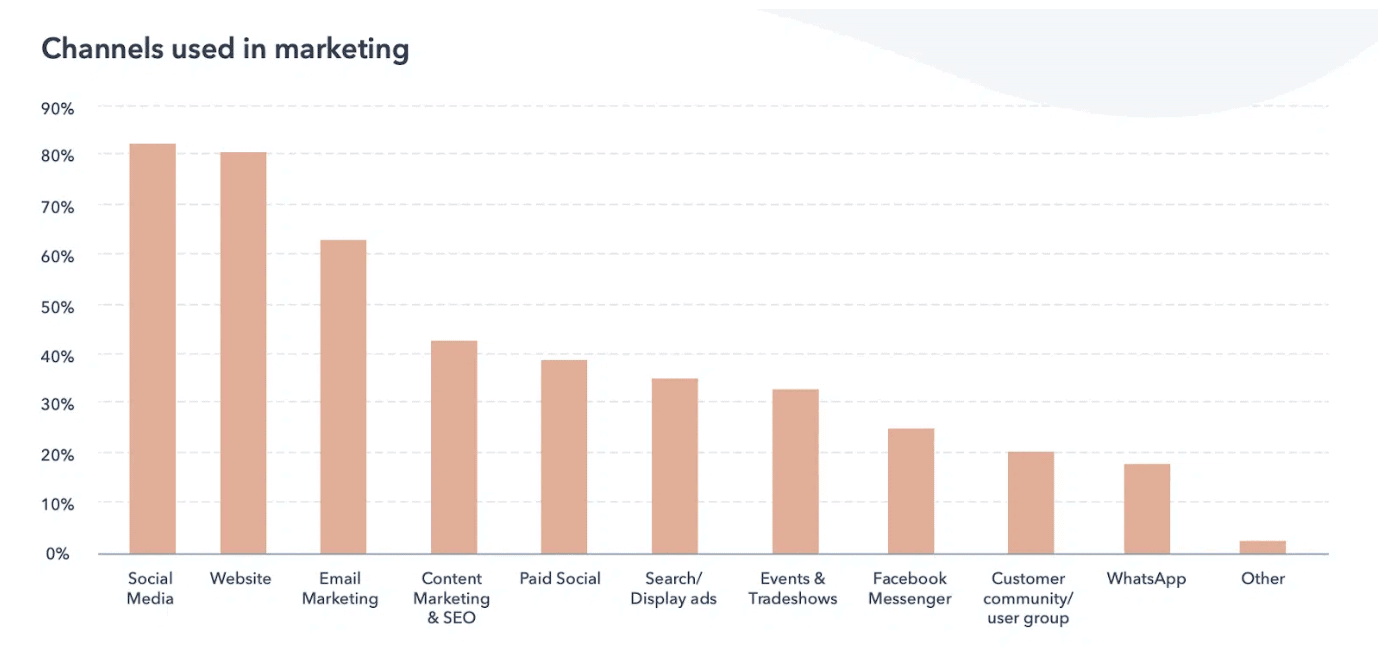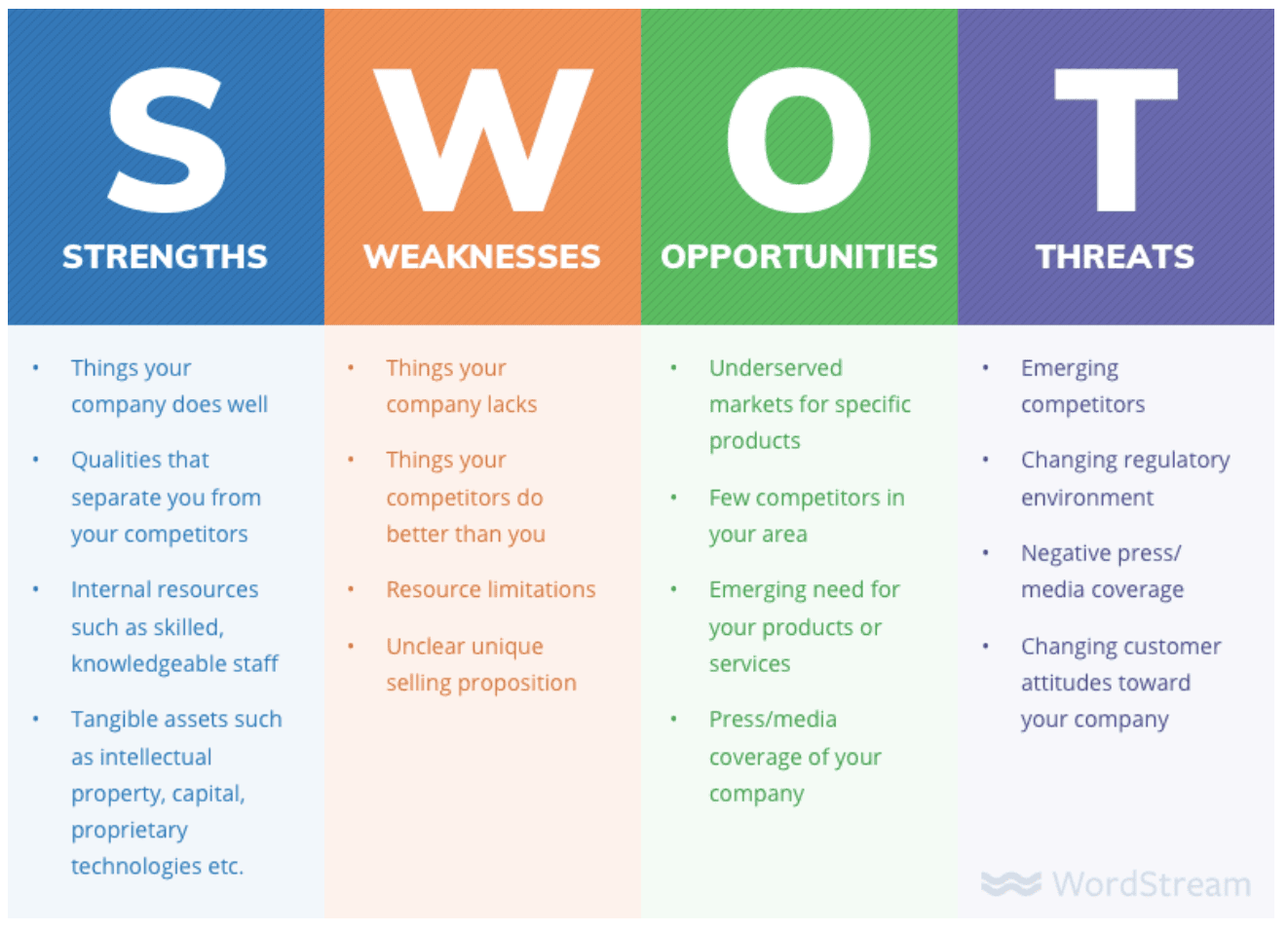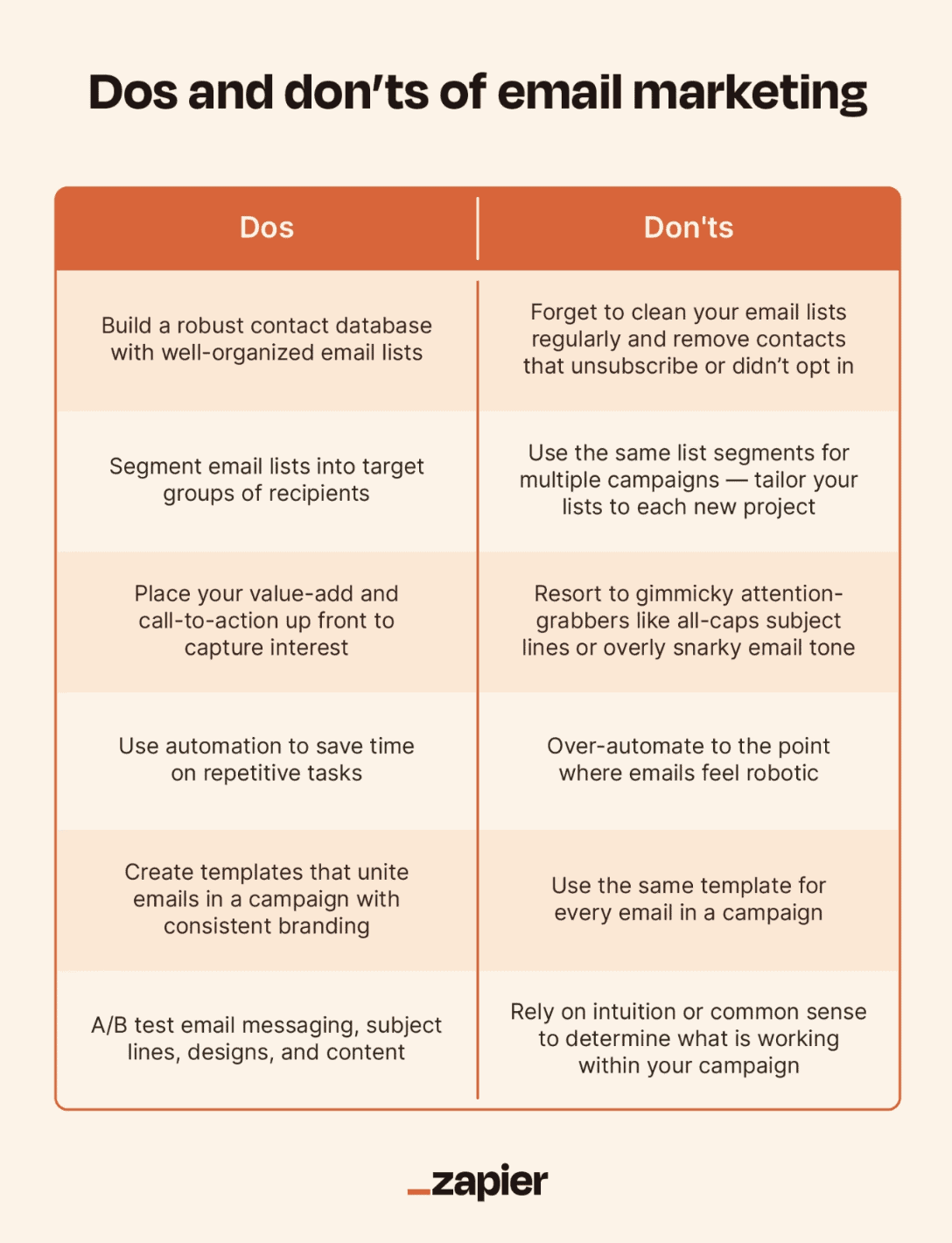In the rapidly evolving landscape of the digital age, the concept of digital marketing has emerged as a cornerstone for businesses aiming to establish a robust online presence.
Digital marketing refers to the utilization of various online channels and platforms to promote products, services, or brands. In today’s hyper-connected world, where consumers are actively engaged online, understanding and harnessing the power and scope of digital marketing is crucial for brand success.
The digital realm offers unparalleled opportunities for businesses to reach a global audience, connect with potential customers, and establish lasting relationships. The significance of brand visibility in the digital age cannot be overstated, as consumers increasingly rely on online platforms for information, entertainment, and shopping.

As traditional marketing methods undergo a paradigm shift, this introduction will set the stage for exploring the multifaceted components of digital marketing and its profound impact on brand visibility.
From search engine optimization (SEO) to social media strategies, the introduction will highlight the interconnected nature of these elements, illustrating their collective influence on shaping the online narrative of a brand.
Key Components of Digital Marketing
Digital marketing comprises several key components that collectively contribute to a brand’s online presence and visibility. These components leverage various online channels and strategies to engage with the target audience effectively.
Search Engine Optimization (SEO) is a fundamental aspect that focuses on optimizing a website’s content to enhance its visibility on search engine result pages. SEO involves keyword research, on-page optimization, and backlink building to improve organic search rankings.
Social Media Marketing plays a pivotal role in brand promotion and audience engagement. Utilizing platforms like Facebook, Instagram, Twitter, SmartMoneyMatch, and LinkedIn, brands can connect with their audience, share content, and build a community around their products or services.
Content Marketing involves creating and distributing valuable and relevant content to attract and retain a target audience. Compelling storytelling and informative content help establish a brand’s authority and foster a strong connection with consumers. Using AI tools like an AI writer can streamline your content publishing efforts.
Email Marketing is an effective direct communication channel that involves sending targeted messages to a brand’s subscribers. Personalization and segmentation are key strategies to ensure the content is relevant and engaging.
Paid Advertising includes various online advertising methods such as pay-per-click (PPC) campaigns and display ads. Paid efforts help boost visibility, drive traffic, and reach specific target demographics.
The integration of a SWOT analysis diagram into digital marketing strategies is also crucial for optimizing brand visibility. By identifying strengths, weaknesses, opportunities, and threats, businesses can tailor their approach effectively. This strategic insight enables brands to capitalize on strengths, mitigate weaknesses, seize opportunities, and address threats.

These key components collectively form a comprehensive digital marketing strategy, enabling brands to navigate the dynamic online landscape and enhance their visibility in the digital sphere.
The Evolving Landscape of Digital Marketing
Digital marketing is a dynamic field constantly shaped by technological advancements and shifting consumer behaviors. In this rapidly evolving landscape, several notable trends are reshaping the way brands connect with their audiences.
One significant trend is the integration of Artificial Intelligence (AI) and Machine Learning (ML), enabling marketers to analyze vast amounts of data for more targeted and personalized campaigns.
Voice Search Optimization is another noteworthy development, with the rise of virtual assistants and smart devices altering the way users search for information.
Augmented Reality (AR) and Virtual Reality (VR) are also gaining prominence, offering immersive experiences that engage consumers in new and innovative ways. Brands leveraging AR and VR technologies can create interactive campaigns using QR Codes, enhancing customer experiences and differentiating themselves in the crowded digital space.
However, with these opportunities come challenges, such as privacy concerns and the need for marketers to adapt to algorithm changes on platforms like search engines and social media.
As the digital marketing landscape continues to evolve, staying abreast of emerging trends and embracing new technologies will be crucial for brands aiming to maintain a competitive edge and effectively reach their target audience.
Measuring Success in Digital Marketing
Measuring success in digital marketing is crucial for assessing the effectiveness of campaigns and optimizing strategies for better results. Key Performance Indicators (KPIs) serve as vital metrics to gauge performance across various channels.
Tracking website traffic helps evaluate the reach and visibility of online content, while conversion rates indicate how effectively visitors are transformed into customers or leads. Social media metrics, such as engagement, likes, shares, and comments, provide insights into audience interaction and brand resonance.
Utilizing tools like Google Analytics, businesses can delve into detailed data, analyzing user behavior, demographics, and traffic sources. These analytics enable marketers to refine their approach and tailor content to specific audience preferences.
Email marketing success is often measured through open rates, click-through rates, and conversion rates, emphasizing the importance of crafting compelling and personalized messages.

Digital marketing success isn’t solely about the numbers; it’s about understanding the story they tell. By interpreting these metrics, marketers can identify strengths, weaknesses, and areas for improvement.
This data-driven approach empowers businesses to adapt to evolving trends, refine their digital strategies, and ultimately enhance their brand’s online visibility and impact.
Impact on Brand Visibility
Digital marketing significantly impacts brand visibility in the modern business landscape. Through various online channels, businesses can achieve increased reach and exposure, ensuring that their brand is seen by a wider audience.
Strategies such as search engine optimization (SEO) and social media marketing play pivotal roles in enhancing visibility by optimizing content for search engines and leveraging popular platforms for audience engagement.
Beyond mere visibility, digital marketing contributes to building brand awareness. Consistent and strategic online presence establishes trust and credibility among consumers.
Brands that actively engage in digital marketing not only capture attention but also position themselves as industry leaders. The interactive nature of digital platforms allows businesses to showcase expertise, share valuable content, and foster meaningful connections with their target audience.
Moreover, digital marketing enhances customer engagement, creating a two-way communication channel. Through social media interactions, personalized email campaigns, and compelling content, brands can establish a dialogue with their audience, fostering a sense of community and loyalty.
Future Prospects of Digital Marketing
The landscape of digital marketing is poised for dynamic shifts in the coming years, driven by technological advancements and evolving consumer behaviors.
Artificial Intelligence (AI) is expected to play a pivotal role, in enabling personalized and predictive marketing strategies. Machine learning algorithms will enhance data analysis, allowing marketers to understand user preferences with unprecedented accuracy.
Additionally, the rise of voice-activated devices is likely to reshape search engine optimization strategies, emphasizing the importance of conversational and long-tail keywords.
Augmented Reality (AR) and Virtual Reality (VR) are anticipated to revolutionize the way brands engage with consumers. Immersive experiences can be leveraged for product demonstrations, creating interactive and memorable brand interactions.
As privacy concerns continue to gain prominence, the future of digital marketing will also see an emphasis on transparent and ethical data practices.
The integration of emerging technologies will necessitate digital marketing within the industry, making continuous education and adaptability essential for marketers.
With the ever-increasing reliance on mobile devices, the optimization of marketing strategies for mobile platforms is poised to become even more critical.
In conclusion, the future of digital marketing promises a landscape where innovation and adaptability will be key drivers of success, enabling brands to connect with their audiences in novel and impactful ways.
Final Thoughts About The Scope of Digital Marketing
In conclusion, the dynamic landscape of digital marketing has become an integral force in shaping brand visibility in the contemporary business realm.
As highlighted in this exploration, the multifaceted components of digital marketing, including SEO, social media, content creation, email campaigns, and paid advertising, collectively contribute to fostering a brand’s online presence.
The ever-evolving nature of this field, marked by emerging trends like AI, voice search, and AR/VR, underscores the need for businesses to stay agile and adaptive in their marketing strategies.
Measuring success through key performance indicators and leveraging analytics tools provides essential insights into campaign effectiveness. Notably, the impact of digital marketing extends beyond mere visibility, encompassing increased reach, establishment of brand authority, and heightened customer engagement.
Looking ahead, the prospects of digital marketing hold promises of continued innovation and technological advancement. Brands are encouraged to not only embrace the current state of digital marketing but also anticipate and integrate upcoming trends to stay ahead in the competitive landscape.
In essence, this exploration underscores the pivotal role of digital marketing in modern brand strategies, urging businesses to leverage its power for sustained growth and enduring visibility.

